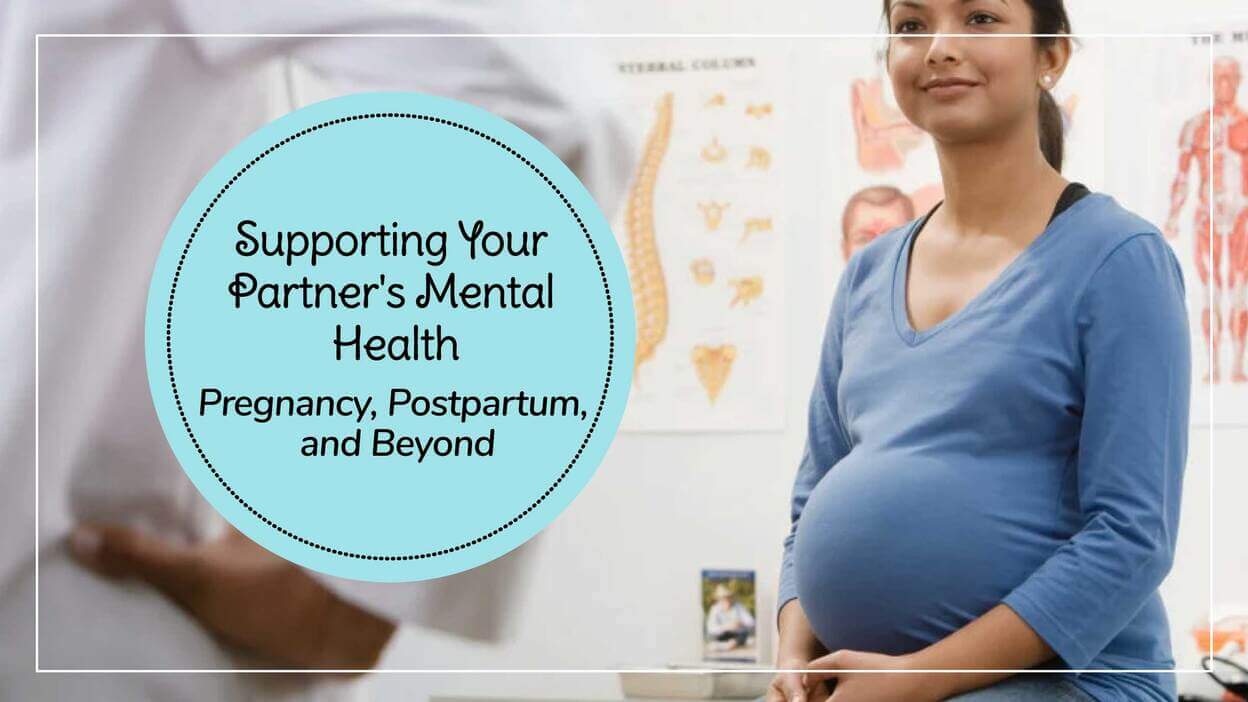The first three months of a baby's life are critical in terms of their emotional and social development. During this time, babies learn to interact with their caregivers, express their emotions, and develop a sense of trust and security in their environment. As a parent, it's important to understand your baby's emotional and social growth during this period and provide the right environment to nurture it.
Here are some key things to keep in mind as you navigate your baby's emotional and social development in the first three months:
- Responding to Your Baby's Cues
Babies communicate through cries, facial expressions, and body language. Responding promptly to your baby's cues, such as picking them up when they're crying, can help them feel secure and develop a sense of trust in their environment. This helps to establish the foundation for healthy emotional development.
- Engaging in Face-to-Face Interaction
Interacting with your baby through eye contact, smiles, and gentle touch can help strengthen your emotional bond and promote social development. Babies are hardwired to seek out human faces, so engaging in face-to-face interaction can also help develop their social skills.
- Reading to Your Baby
Reading to your baby helps to foster their cognitive and language development, but it also has benefits for their emotional and social growth. Through reading, babies can learn about different emotions and social situations, and develop empathy and social understanding.
- Providing a Safe and Comfortable Environment
Creating a safe and comfortable environment for your baby is essential for their emotional development. This includes providing a predictable routine, keeping them comfortable and fed, and ensuring they have a safe sleeping environment. When babies feel secure and cared for, they are more likely to develop positive emotional and social skills.
- Understanding Your Baby's Individual Needs
Every baby is unique and will develop at their own pace. Understanding your baby's individual needs and responding to them accordingly can help promote healthy emotional and social development. This includes paying attention to their temperament, personality, and preferences, and adapting your approach to suit their needs.
In conclusion, nurturing your baby's emotional and social growth in the first three months requires a combination of responsiveness, engagement, and a safe and comfortable environment. By understanding your baby's individual needs and providing the right environment, you can help support their healthy emotional and social development, laying the foundation for a lifetime of well-being.
Remember, this is just the beginning of your baby's emotional and social development journey. As they grow and develop, your role as a caregiver will continue to be critical in fostering their emotional and social growth.



